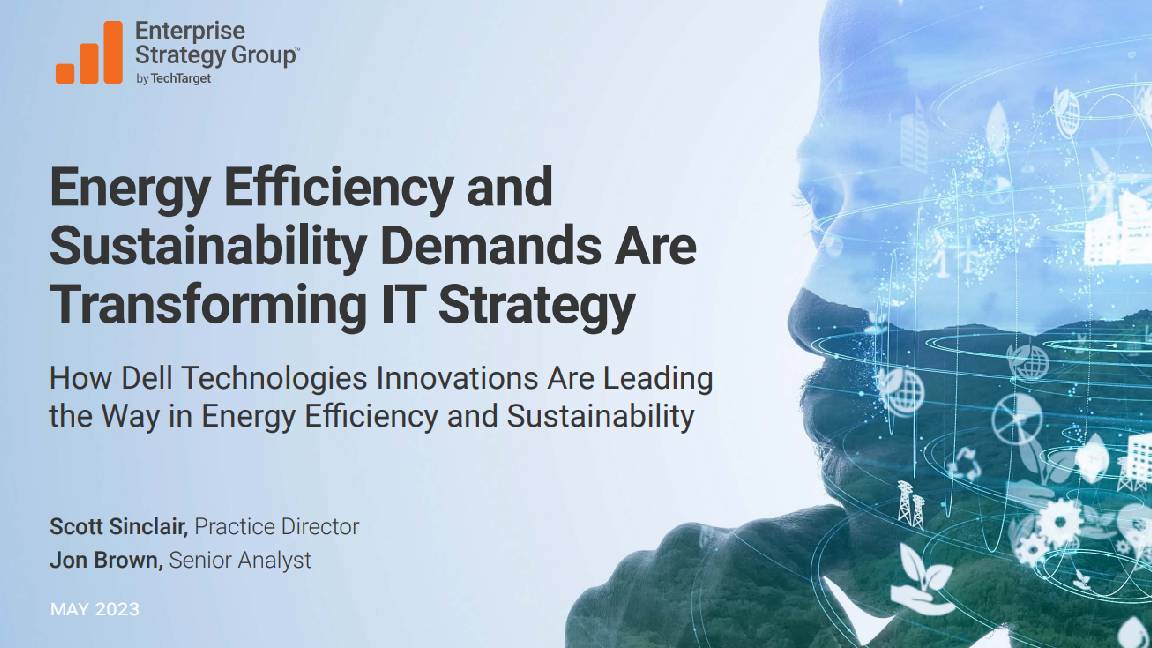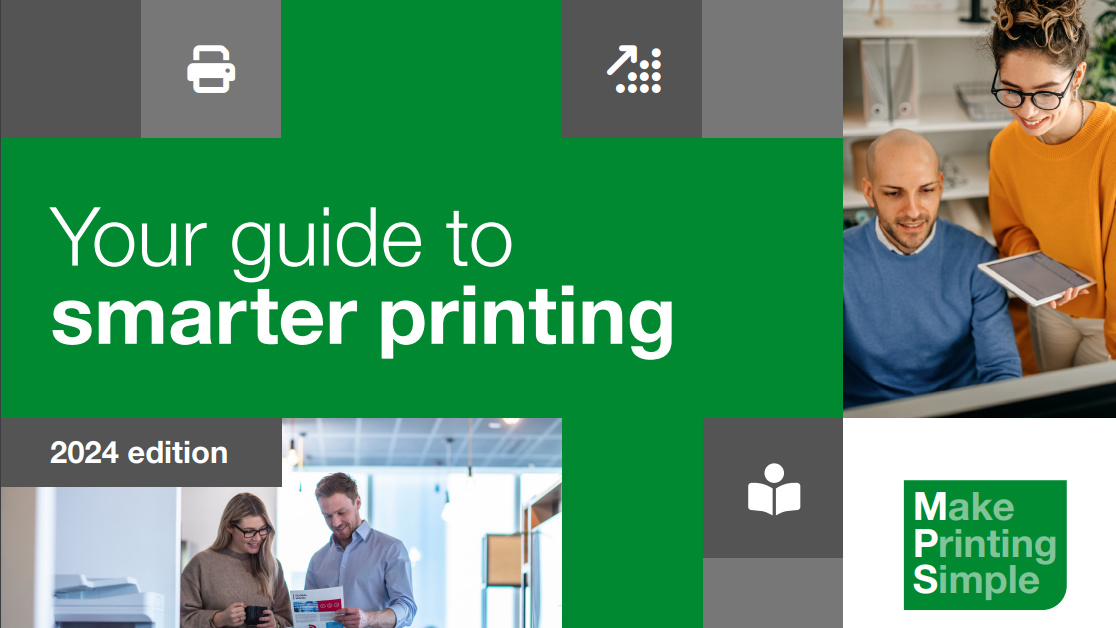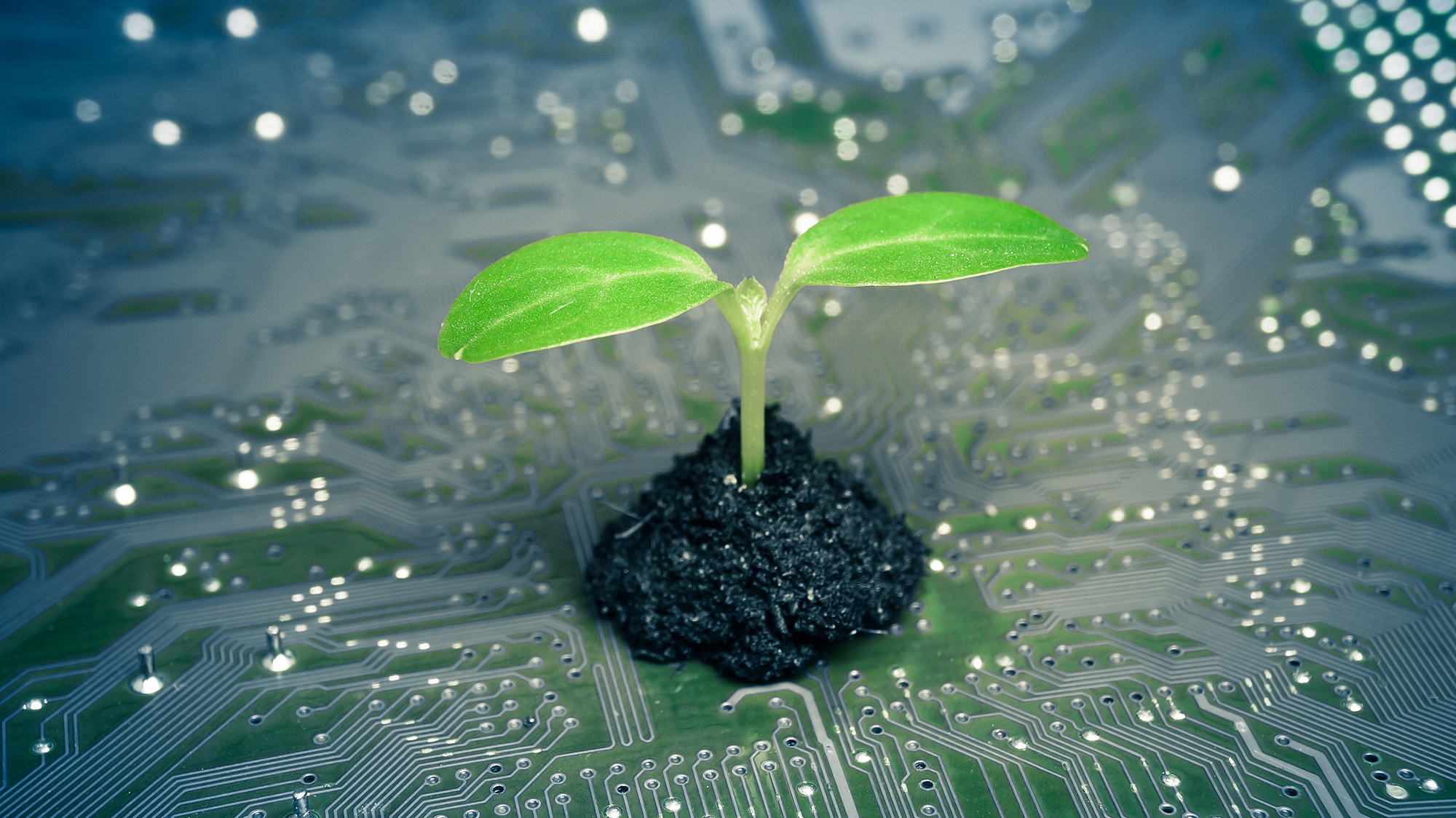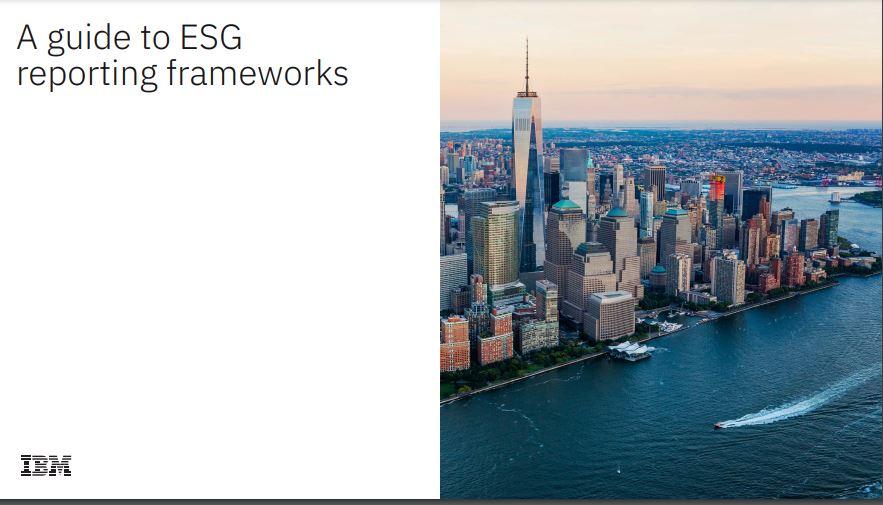Q&A: Computer Aid founder Tony Roberts
The founder of the computer charity explains why reuse is 20 times better than recycling.


The environment is at the forefront of many minds this week, with the UN climate change conference in Copenhagen kicking off.
We spoke to Tony Roberts, founder of Computer Aid, about why reusing computers is a much better green IT tactic than recycling.
You've said that reusing computers is 20 times better for the environment than simply recycling them. Why is this the case?
I think that people don't understand how much better it is for the environment to reuse. The explanation is a little bit complicated. But the explanation is, in order to produce equipment in the first place, a lot of the environmental damage happens before it's switched on for the very first time.
So it's the mining, extraction of material, production of the alloys, the production of the sub-assemblies, and the final manufacture. In between each of those stages, those parts are travelling around the globe multiple times.
And one of the peculiar things about computers is that 80 per cent of the environmental damage of the entire product life cycle is done before it's switched on for the very first time.
That's the opposite of most equipment. For example, a fridge, most of the environmental cost is after it's been switched on for the first time. 85 per cent after.
Sign up today and you will receive a free copy of our Future Focus 2025 report - the leading guidance on AI, cybersecurity and other IT challenges as per 700+ senior executives
That has implications for how you want to use that equipment. If you're looking at a fridge, power saving is what you would focus on as an environmentalist. But in the case of computers, if you focus only on the power reduction, then the most successful you can ever be is 20 per cent.
So reuse is a greener option than recycling?
If you've got no production change from miner to manufacturer up to use, and then a computer is discarded by a company after two or three years, the most environmentally friendly thing you can do is keep the whole appliance and put it back into reuse with someone who doesn't have such a big speed use for the computer.
If you recycle and take it down into its sub-assemblies, and then take those and re-manufacture, then there are transport and power consumption issues. If you receyle it down to the glass and the steel, you have to go even further back through the production process, so the most environmentally efficient thing is to keep the whole appliance and extend its life by as much as you can.
Is that why European legislation encourages reuse over recycling?
The empirical research was done by Eric Williams and Ruediger Kuehr at the UN university. It's an amazing figure to think that it's 20 times more environmentally efficient, but that's what they find and it's a very powerful argument for prioritising reuse over recycling, which is what the legislation requires us to do, because they're aware of that.
The problem is, the legislation doesn't require that anybody keeps any statistics for how much is reused.
So you'd like to see more data on reuse and statistics being held?
I think it's essential. It's the only way we can effectively increase reuse, to keep statistics on who's doing what, and then force up those numbers.
Is this enough to convince companies to keep machines longer, and to hand their old equipment over to Computer Aid?
When we get the opportunity to speak to corporates, in the majority of cases they donate to us. It's not a difficult sell.
When people are introduced to Computer Aid and to what we're doing, and why we do it, then most people donate their computers.
What's difficult is to get in the door, because your IT manager or your CIO is constantly besieged by people trying to sell them stuff.
When Computer Aid first started 12 years ago, it was much easier for us.
Because at that point, people were throwing their old computers in skips. Our value proposition is instead of this waste, we can reuse it, it costs you nothing and it is an easy sell.
But today [because] everyone's got a solution in place, they think they've dealt with that issue. We're asking them to do something much more complicated, kind of unwind their existing position, say that it was wrong, and put in place a different solution.
It's a difficult thing to do in an email or in other correspondence. We need to get through the door and get 30 minutes of that person's time. When we do, in the majority of cases, people donate.
If you had two minutes to pitch to corporate IT departments, what would you say?
We can take care of all their compliance needs, we can certificate data destruction, we can show them environment agency registration, and we can track the assets both those that go overseas and are donated to schools and hospitals. We can tell them where they went.
Where there's equipment we can't reuse waste we can document the waste streams right down to the smelting plant and how much copper was recovered and how it's reused.
Do they have to pay anything or do any work?
They don't have to do anything and it's completely free. It's a good deal and that's why generally if we get in front of them, a person with decision-making power, normally we're able to work with them. It's just very difficult to get to do the elevator pitch.
Click here to set up a meeting with Computer Aid, and read on for more on tech charities that need your help.
Freelance journalist Nicole Kobie first started writing for ITPro in 2007, with bylines in New Scientist, Wired, PC Pro and many more.
Nicole the author of a book about the history of technology, The Long History of the Future.
-
 Beyond the upgrade: How to maximize IT investments and minimize waste
Beyond the upgrade: How to maximize IT investments and minimize wasteHow to maintain optimal performance and productivity with your fleet of hardware and stave off the next upgrade cycle for a bit longer
-
 Energy efficiency and sustainability demands are transforming IT strategy
Energy efficiency and sustainability demands are transforming IT strategywhitepaper How Dell Technologies innovations are leading the way in energy effiency and sustainability
-
 Energy efficiency and sustainability demands are transforming IT strategy
Energy efficiency and sustainability demands are transforming IT strategywhitepaper How Dell Technologies innovations are leading the way in energy effiency and sustainability
-
 Your guide to smarter printing: 2024 edition
Your guide to smarter printing: 2024 editionWhitepaper Making smarter printing simple for all businesses
-
 How to empower employees to accelerate emissions reduction
How to empower employees to accelerate emissions reductionin depth With ICT accounting for as much as 3% of global carbon emissions, the same as aviation, the industry needs to increase emissions reduction
-
 How much say does IT really have in sustainability initiatives?
How much say does IT really have in sustainability initiatives?ITPro Network Vendors are ready to proclaim their green credentials, but as members of the ITPro Network explain, making changes on the ground can be complex
-
 ESG: Designing the ideal digital work experience for the next generation of innovators
ESG: Designing the ideal digital work experience for the next generation of innovatorsWhitepaper What users want, why it's critical to give it to them, and how the whole organization can benefit
-
 A guide to ESG reporting frameworks
A guide to ESG reporting frameworksWhitepaper Guidelines to assist with your approach to ESG reporting


